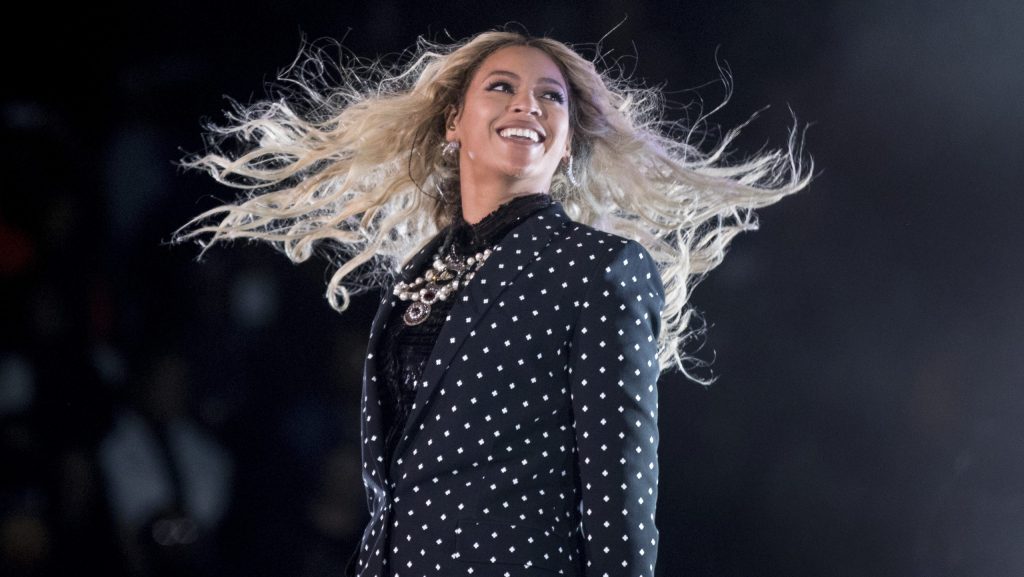Created Equal: What Beyoncé and Cowboy Carter tell us about the segregation of country music in America
Created Equal April 9, 2024Beyoncé has sparked a conversation about how music has been racialized in America. Music historian and journalist Dan Charnas joins Stephen Henderson and Cary Junior II to discuss what we can learn from ‘Cowboy Carter.’

FILE - Beyoncé performs at the Wolstein Center, Nov. 4, 2016, in Cleveland, Ohio.
When Beyoncé released Cowboy Carter last month, the 22-song country album surprised and delighted music fans across genres, including pop, hip-hop and country. The album features a cover of the classic Dolly Parton song “Jolene” and an appearance from Willie Nelson himself.
But what was so shocking about Beyoncé doing a country album in the first place? And what can we learn from the collective surprise and at times, indignation, that she would produce a country album?
To discuss this topic, Created Equal host Stephen Henderson and producer Cary Junior II were joined on Tuesday by music historian and journalist Dan Charnas.
Subscribe to Created Equal on Apple Podcasts, Spotify, Google Podcasts, NPR.org or wherever you get your podcasts.
Guest:
Dan Charnas is a hip hop historian and music journalist. He also teaches at New York University and is the author of the New York Times bestselling book, “Dilla Time: The Life and Afterlife of J Dilla, The Hip-Hop Producer Who Reinvented Rhythm,” among others. He says despite early record companies’ efforts to segregate music genres by race, early genres like ‘hillbilly,’ ‘race music’ and ‘blue yodel’ all stemmed from the same ‘big bang of country music.’
“Musically speaking, the music differences could be very slender, if not nonexistent,” he said. “A lot of what we think of as genre was essentially shaped by Jim Crow practices and thinking but isn’t necessarily the actual contour of music. There’s nothing not Black about country music.”
Listen to Created Equal with host Stephen Henderson weekdays from 9-10 a.m. ET on 101.9 WDET and streaming on-demand.
Trusted, accurate, up-to-date.
WDET strives to make our journalism accessible to everyone. As a public media institution, we maintain our journalistic integrity through independent support from readers like you. If you value WDET as your source of news, music and conversation, please make a gift today.
